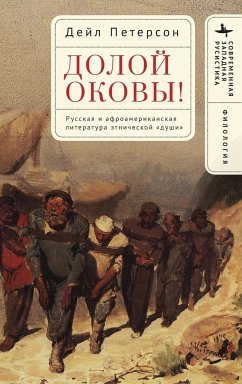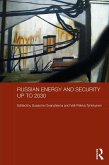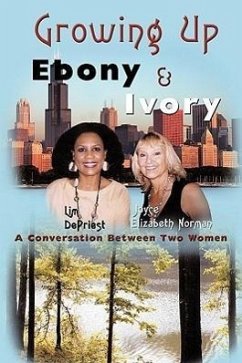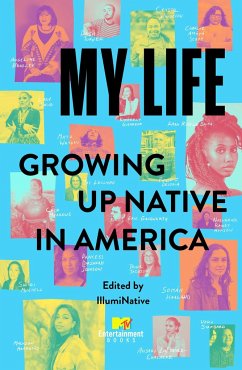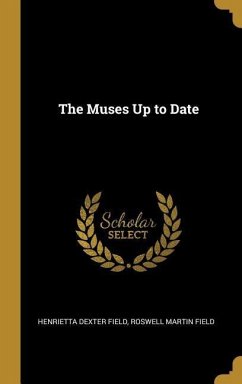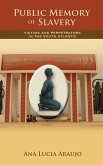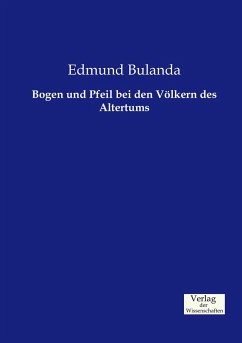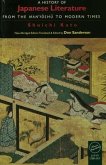ENG During the nineteenth century literate Russians and educated American blacks encountered a dominant Western narrative of world civilization that consigned Slavs and African Americans to the status of unhistoric peoples. In response, generations of Russian and American black intellectuals have asserted eloquent counterclaims for the cultural significance of a collective national "soul" veiled from prejudiced Western eyes. UP FROM BONDAGE is the first study to parallel the evolution of Russian and African American cultural nationalism in literary works and philosophical writings. Each chapter compares influential texts from each tradition at a similar point in the development of national self-consciousness. RUS В XIX веке грамотные русские и образованные афроамериканцы столкнулись лицом к лицу с доминирующей западной концепцией мировой цивилизации, которая, казалось, игнорировала их историю. В течение нескольких поколений в русской и афроамериканской интеллектуальной среде формировался ответ, постулирующий культурную значимость коллективной «н&
Hinweis: Dieser Artikel kann nur an eine deutsche Lieferadresse ausgeliefert werden.
Hinweis: Dieser Artikel kann nur an eine deutsche Lieferadresse ausgeliefert werden.

